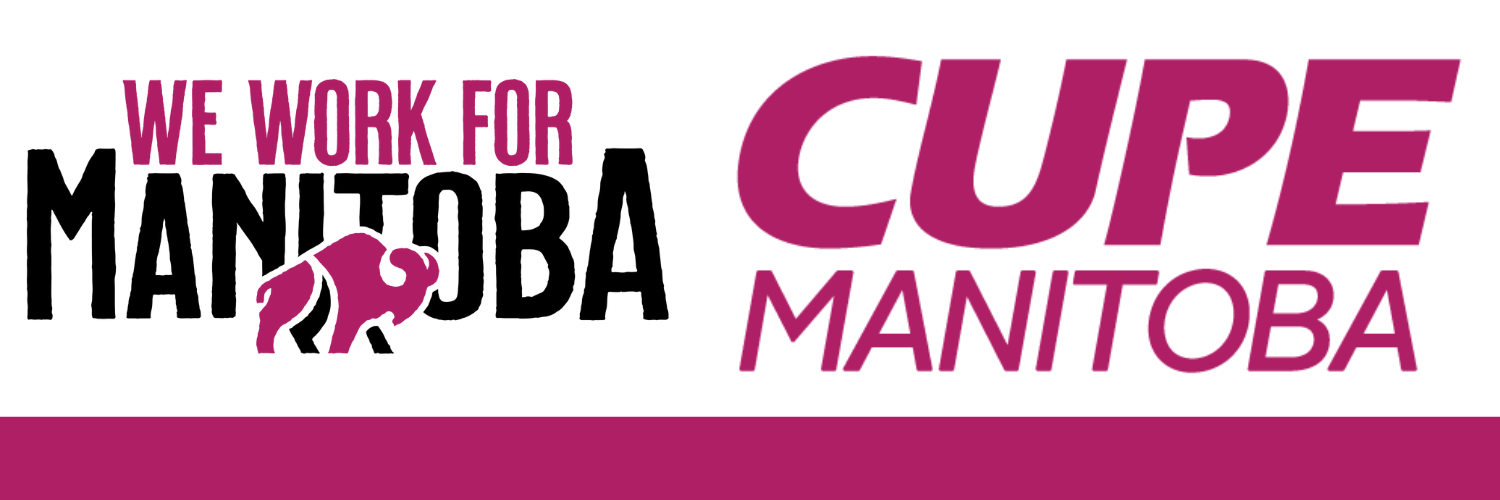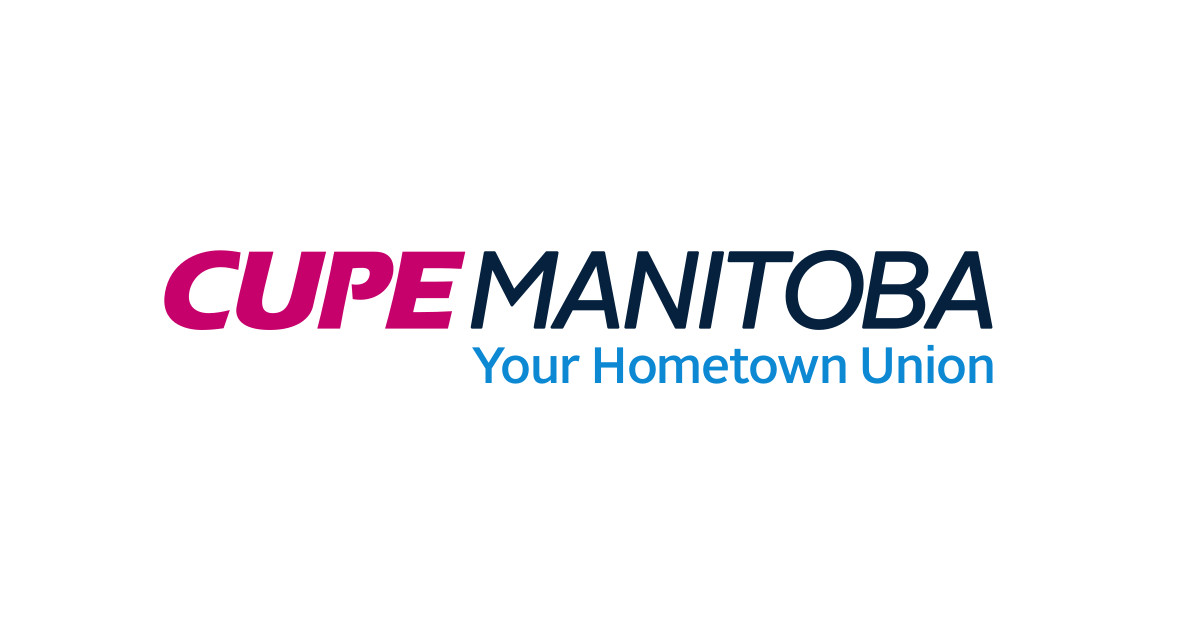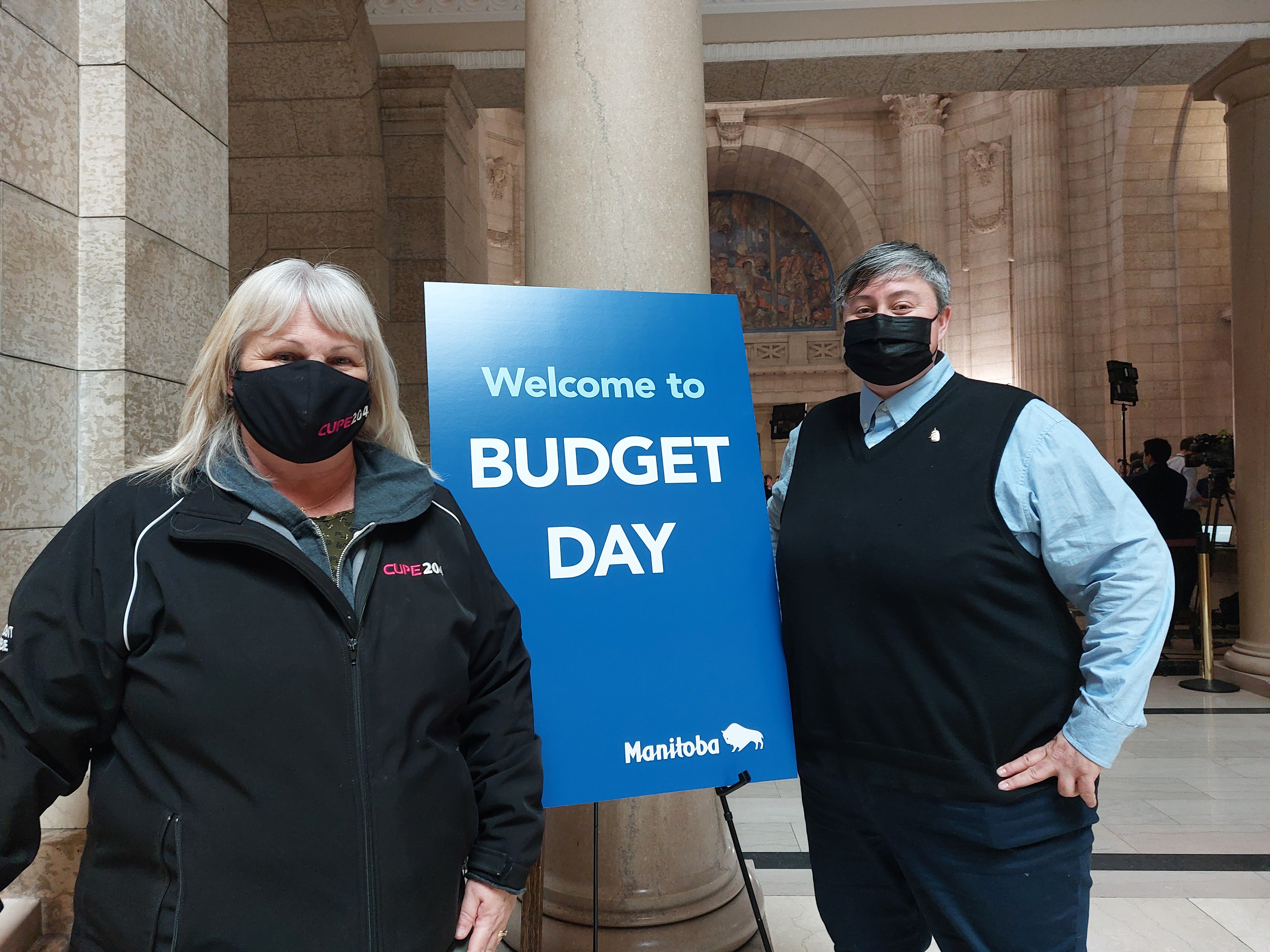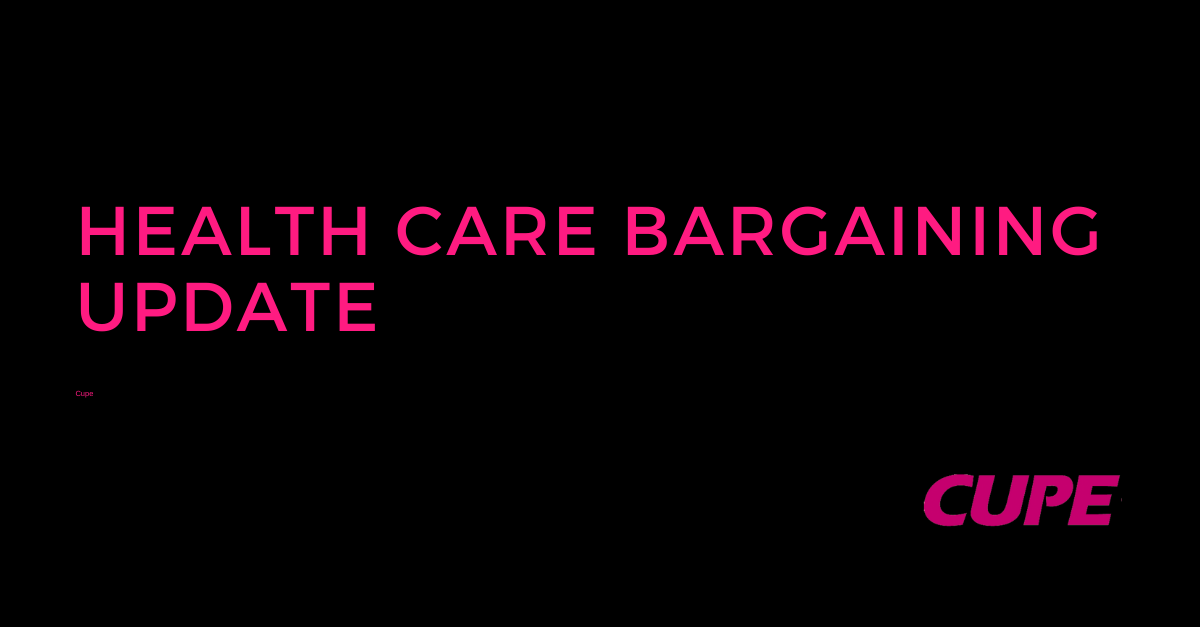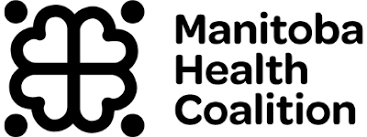CUPE met with the Provincial Health Labour Relations Services (PHLRS) on April 20, 2022 and have confirmed Mr. Arne Peltz as the mediator.
The first dates available to meet with Mr. Peltz to begin the process are May 24-27, 2022. The next available mediation dates will be in mid-June. More dates will be booked as they become available.
Until mediation begins, CUPE and the PHRLS will continue to meet to finalize negotiation of the letters of understanding and any changes to the pension and benefits articles. This will include discussions about including anyone not currently in the HEB Manitoba pension and benefits plan, being brought into HEB Manitoba. Riverview Health Centre will remain with the City of Winnipeg plans.
Why are we going to mediation?
Mediation is a common part of the negotiating process. The Manitoba Nurses’ Union (MNU) was able to finalize their collective agreement through mediation also using Mr. Peltz as the mediator. We are going to mediation because CUPE and the Employer are very far apart on certain proposals. The Bargaining Council has heard the membership and are committed to getting the best collective agreement possible. We believe that with the assistance of Mr. Peltz that we will be able to achieve a collective agreement that leaves no health care worker behind.
The outstanding language is about vacation (single days vs. blocks), union representation at meetings, how STATs will be taken, how overtime and pick up shifts will be awarded (seniority vs. equitable), and bumping.
Will I still get to vote on the proposed new collective agreement?
Yes. Any agreement reached through mediation will still be voted on by the members. Everything that has been agreed-to prior to mediation will not be a part of the mediation process.
What happens if we don’t get a collective agreement through mediation?
If we are unable to get a collective agreement through mediation and our continued negotiations, CUPE could officially serve notice to strike. We must provide seven (7) days notice to go on strike. If this should happen, we will notify the members when the decision is made to serve notice.
Please make sure we have your most recent contact information, including cell phone number and personal email. We do not use work contact information to reach you for union business.
